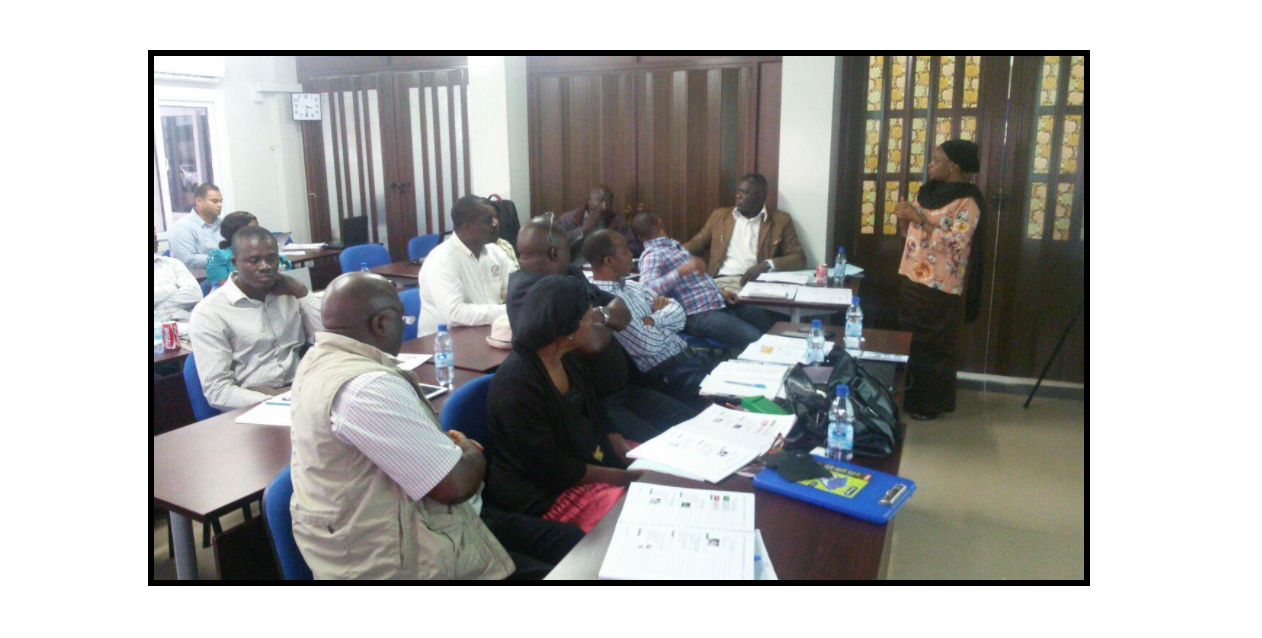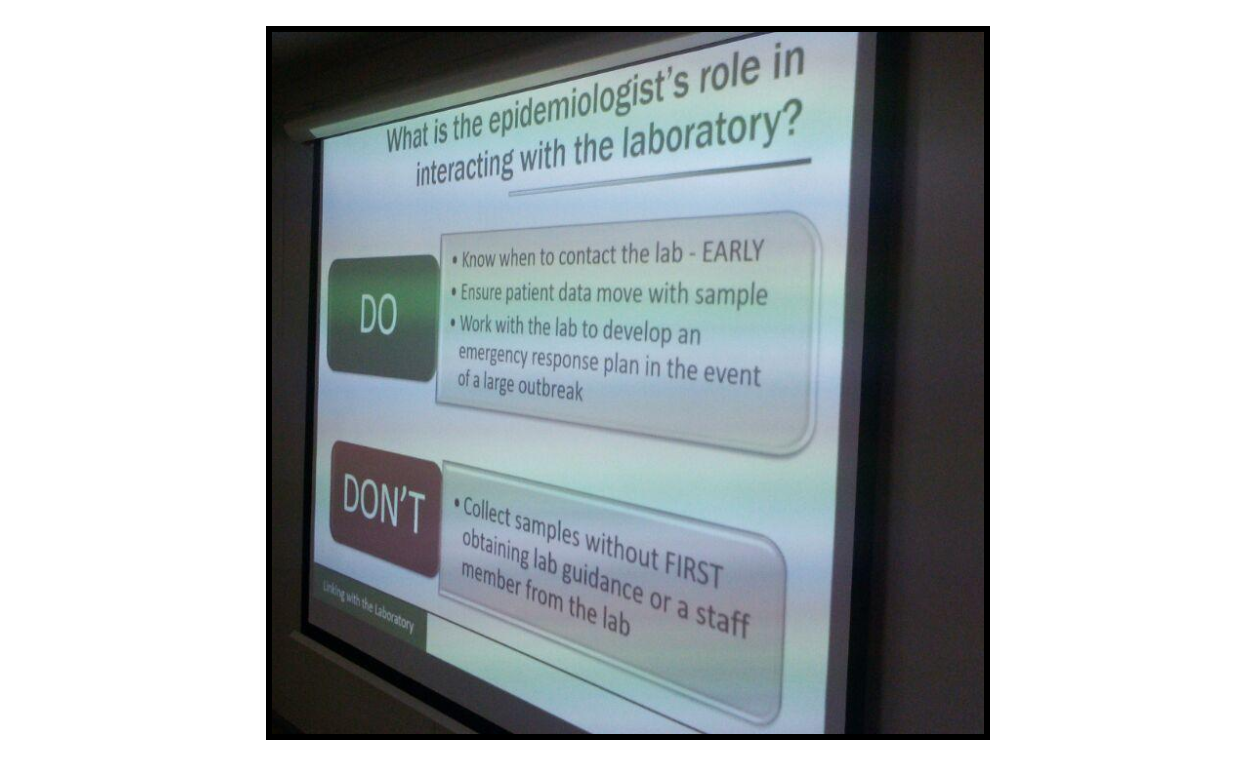November is typically a time of remembrance. Here in Sierra Leone, the memories hit close to home as the country marked the one year anniversary of the end of the Ebola Virus Disease (EVD) outbreak. The resilience of the local communities is represented in the high EVD survival rates and support from government and partner organizations.
The EVD outbreak was characterized by acute challenges in field epidemiology, disease management, and disease control. Health worker education, training, and capacity building is one component essential to establishing holistic and effective disease management.
eHA Sierra Leone (eHA-SL) organizes rolling field epidemiology training programs (FETP) for district surveillance officers (DSOs) across the country. Through the support of funding from the United States Centers for Disease Control and Prevention (CDC), the FETP program is hosted by the Sierra Leone Ministry of Health and Sanitation (MoHS) and facilitated by African Field Epidemiology Network (AFENET) experts.

Every three months, the Frontline FETP trains new groups of approximately 20 public health staff in disease surveillance best practices. Participants are geographically diverse, and include participation from the national level and all 14 districts. From routine health data collection and recognition of exceptional symptoms to developing case profiles using the 5Ws (Who, What, When, Where, Why) and creating action plans, the surveillance officers are oriented and guided through data-driven decision making.
The programs includes three months of classroom sessions and field-level application. Following two weeks of workshop sessions, up to nine weeks are spent conducting field projects which enables students to practice, implement, and reinforce what they have learned. These projects include creating reports with summary tables and charts of the surveillance data routinely collected at their particular agencies. In addition, DSOs conduct monitoring, evaluation, and feedback of surveillance activities at various health reporting sites. They also have the opportunity to perform a health problem analysis and participating in a mock case or outbreak investigation.

By the end of the quarter, the DSOs are well positioned to engage in more informed practice and decision-making to investigate, identify, and thwart future disease threats. Due to the rolling nature of the program, eHA and partners are able to train public health staff from across the country regularly. With this momentum in health worker training, over the next year the fortitude and capability of the health workforce will expand to champion disease outbreak in the Sierra Leone.
